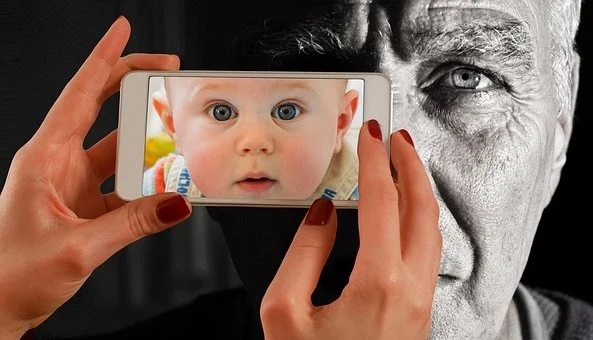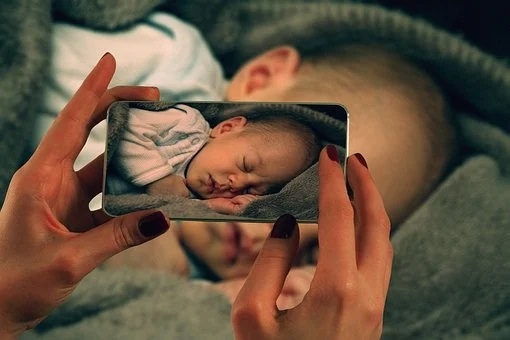Is Sharenting good or bad?

We are all busy sharing every detail of our children’s lives for everyone to see and comment on, but is this actually right? Will our children feel angry when they are older and realise that everything that they said or did as a child became public knowledge within minutes? Interestingly, a recent study has found that most adolescents disapprove of sharenting.
This is fast becoming the hot debate for parents.
It takes just moments to give everyone and update, but before you post the next photos of your children on Facebook or Instagram, best to consider the implications.

Sharing photos with other parents is a fun way to keep in touch and certainly helps strengthen ties and support within the group when you are suffering from sleepless nights or dealing with a fussy eater.
Sharing the occasional positive photograph is great fun for grandparents to see.
Sharing difficult health or developmental problems your child has such as autism with other parents can really help as parents get support and advice at what can feel an incredibly lonely time.
Dr Wendy Swanson at CS Mott Children’s Hospital at the University of Michigan undertook a recent study to establish the importance of the online community to parents. Here we quote her her findings which highlight the positives of sharing:‘84% of mothers and 70% of fathers report using social media and online forums.
• 56% of mothers and 34% of fathers discuss child health and parenting topics on social media. Common topics discussed: getting kids to sleep (28%), nutrition/eating tips (26%), discipline (19%), daycare/preschool (17%), and behaviour problems (13%).
• 72% of parents rate social media useful for making them not feel alone.
• 70% of parents learn what not to do via social media.
• 67% share photos of their children’.

Many people feel that by posting photographs online, we are potentially compromising our children's safety and this is something we should reconsider.
Some of the photographs/ information we share could embarrass our children in the future and could be deemed a violation of their privacy – especially as once ‘it is out there’ anything that is posted can linger around and be retrieved years later.
Each of us has a digital footprint and it is hard to control what is in it. What seems appropriate now, may well not be in ten years time. Imagine the horror of a successful business man if inappropriate pictures and tweets of him as a child, posted by his parents suddenly surface.
Exposure of your child on social media can negatively impact his identity as this involves private information which should only be shared with his parents and siblings.
When an emotional tweet is posted, even with the best intentions in the world, the words can be misconstrued by others.
Several child experts recommend that it is best to ration what photographs you post online so that you do respect your child’s privacy. They also recommend that you ask your child’s permission before you do post a photo as this shows your child that you respect them and their privacy and very importantly, it is teaching them good digital behaviour. This is a very valuable lesson as it teaches our children that it is not good to talk about others or upload their photo unless they are happy that we do.Although the pressure is definitely on parents to be active on social media (and some are taunted by others if they are not) it is well worth taking time to make the right decision for your family and if you want to opt out of the sharenting trend, be strong and do so, it isn’t easy – you won’t regret it. An interesting read is Sharenthood: ‘Why We Should Think Before We Talk About Our Kids Online’ by Leah. A Plunkett. Click Here to Buy
Chrissie x

